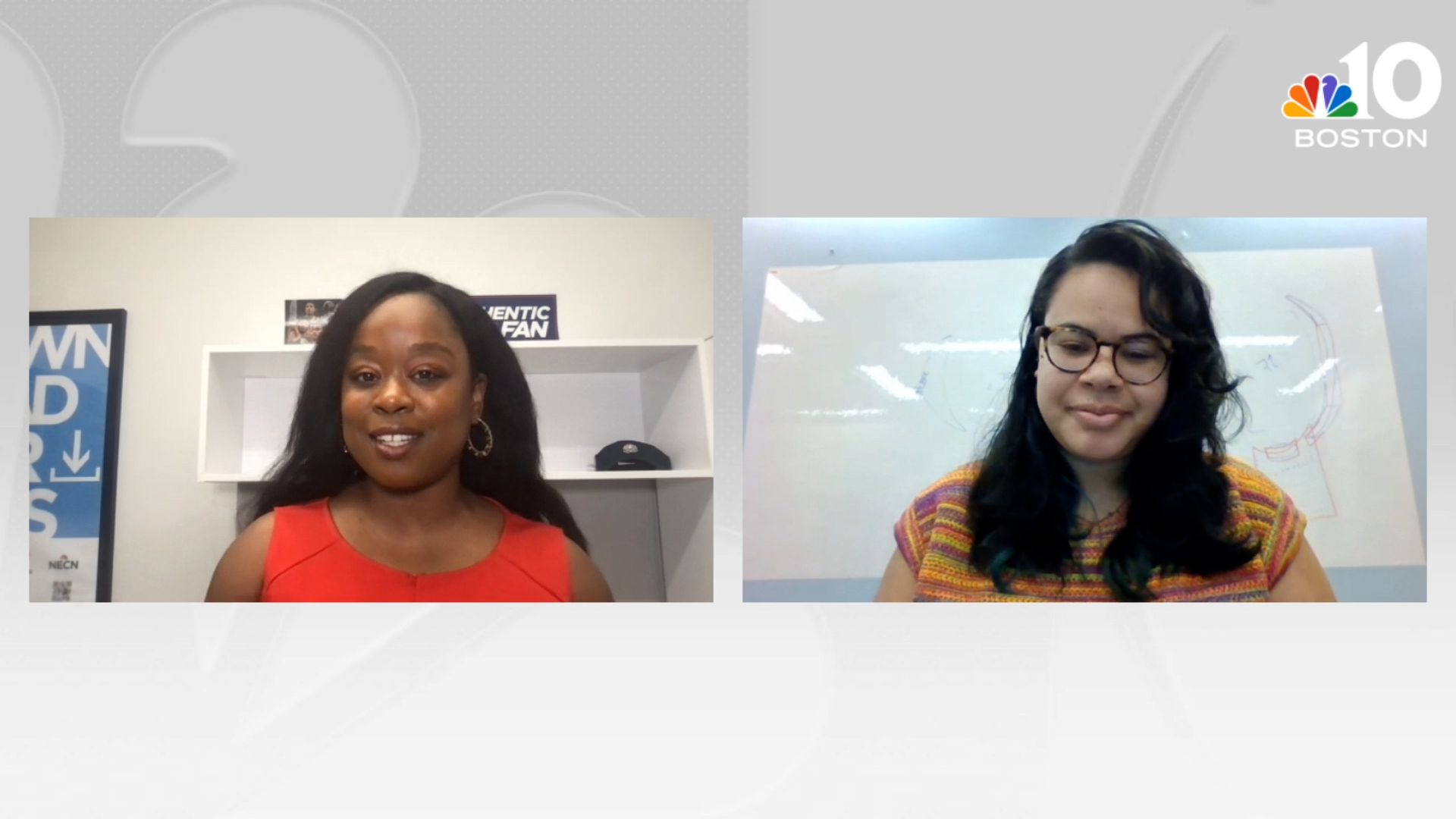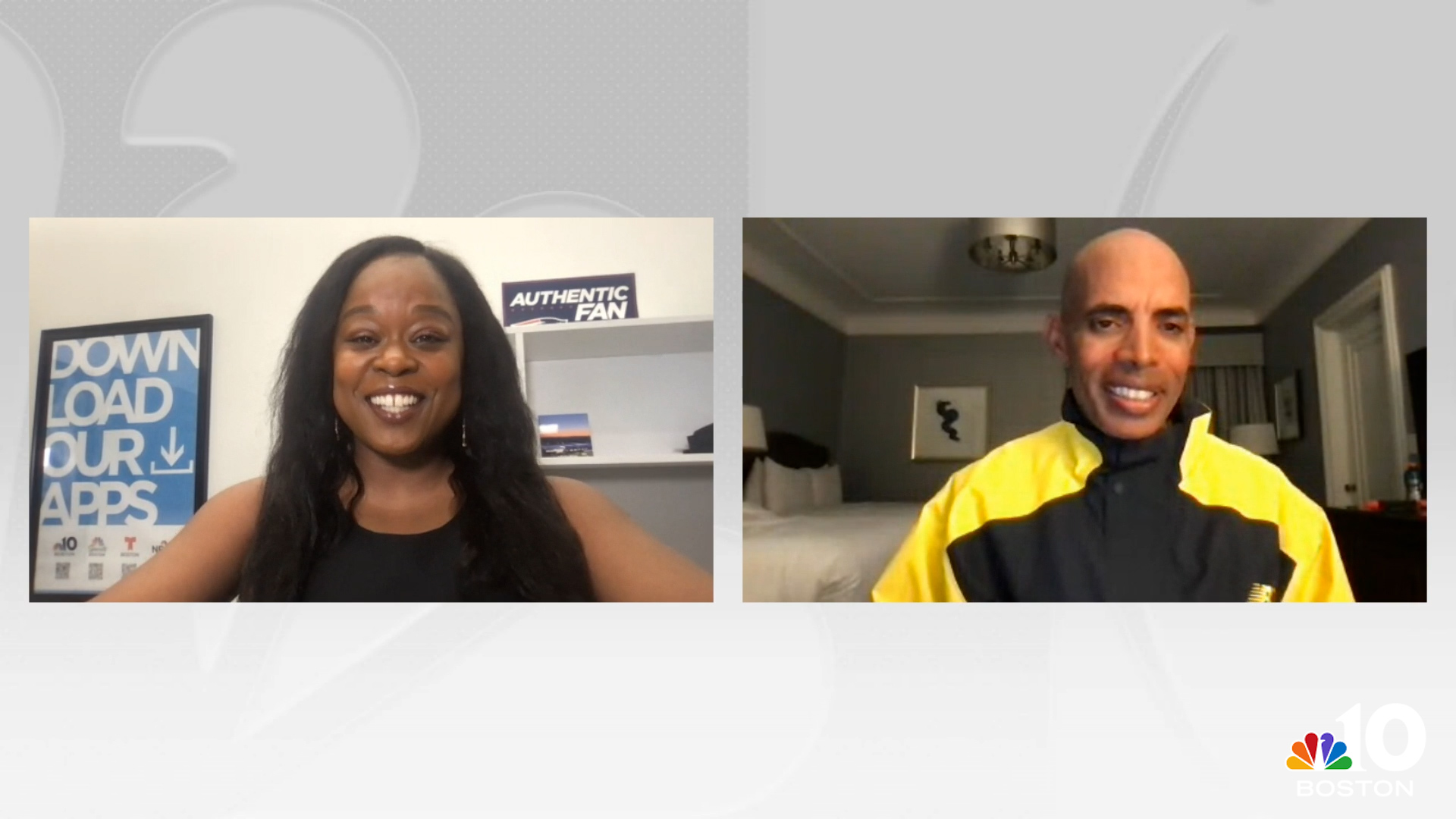Topper Carew may be best known for co-creating and executive producing the hit 90s TV show "Martin," which rocketed comedian Martin Lawrence to fame, but he had quite a career, starting with being trained as an architect and producing TV in Boston.
For Kwani Has Questions, Carew, who remains a proud "son of Roxbury," discussed how going to elementary school outside of Roxbury, at his grandmother's insistence, led to him getting both an education and a "street education" amid the racism in Boston; how a certain John O'Bryant helped him get to what he called the "Black Harvard," Howard University; and how that education — which continued at MIT and Yale — helped as he produced "Martin" in a different way from other shows in Hollywood at the time.
Read lightly edited selections from the interview below. Watch the full interview in the video atop this story.
NBC10 Boston: Your film, "This Little Light of Mine," is currently streaming from the International Space Station.
Get Boston local news, weather forecasts, lifestyle and entertainment stories to your inbox. Sign up for NBC Boston’s newsletters.
Topper Carew: I wanted to do something to address all of the darkness that's in the universe right now. You know, the wars, the division, the racial animosity, antisemitism, the sexism. And, you know, I just wanted to do something cool and positive. When I was a voter registration worker in the South. As a young student, I was a member of the Student Nonviolent Coordinating Committee in Mississippi. ... In our rallies, when we would begin a new campaign and we would meet in churches, quite usually and quite often [Fannie Lou Hamer] would lead us in song. And one of the songs that she would lead us in that, you know, would give us courage, that would eradicate fear and that would give us spirit with her and wonderful and powerful and sincere voice [was] "This Little Light of Mine." Now. What's so curious about that song is people all around the world know that song. And that song as sung by Miss Hamer, you know, has lived in my heart and mind and spirit ever since my time in Mississippi.
NBC10 Boston: We talk about Roxbury, we talk about Howard, and then the show, "Martin." How do you think your experiences in Boston, and at an HBCU contributed to the way that show ended up not only not only existing but being something that has become a Black cultural icon over the years?
Topper Carew: I found Martin and, you know, we came together. My discovery of Martin was in South Central Los Angeles, which was, you know, a gunshot zone, and most of my professional peers were afraid to go down there. But that's where the raw comedy talent was, the strongest comedy talent was. So I used to go down there, you know, and I wasn't afraid of my people because I'd been in Mississippi.
Kwani Has Questions
In this series, Kwani A. Lunis talks to different people connected to the Boston area about their lives and the moments that got them to where they are today. From politicians to athletes to entertainers everyone has a story and the goal is to get to the core of that story
The best idea I could imagine was a series about a very, very smart A.K.A [Alpha Kappa Alpha sorority] kind of sister and a knucklehead brother who hadn't been to college but had ambition. And it was about their relationship. And even though they may have drama or, you know, may have conflict and a messy relationship, messy with some messy friends, but at the end of every half hour, they were still in love. And so I felt that that was important because, you know, you kept hearing about the struggle and the dynamic between Black men and Black women.
And I thought that that would be a good thing to do. And so that's part of the reason it's on, because it plays very hard to the strength of Black women. And, you know, that's been a very, very important part of our following. ...
Now, the shows in L.A. typically get their audiences from the tourist traffic in Hollywood Boulevard, and those could be people from Iowa, they could be people from Norway, you know? And, I would get my audiences from Compton. ...
One of the great things about, you know, Howard and MIT and Yale and all that was, you know, it's it helps you to flip your thinking.



